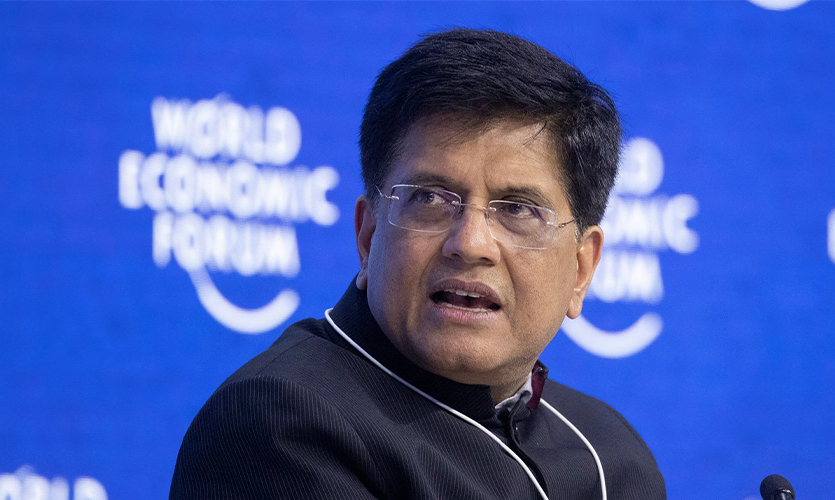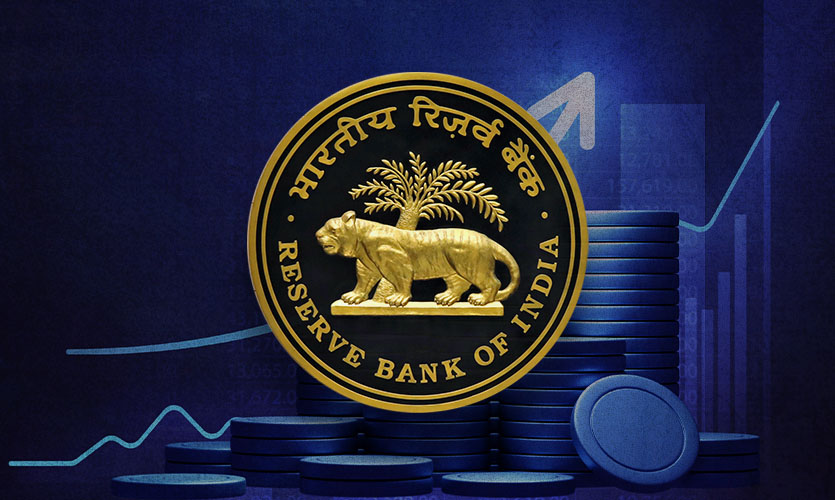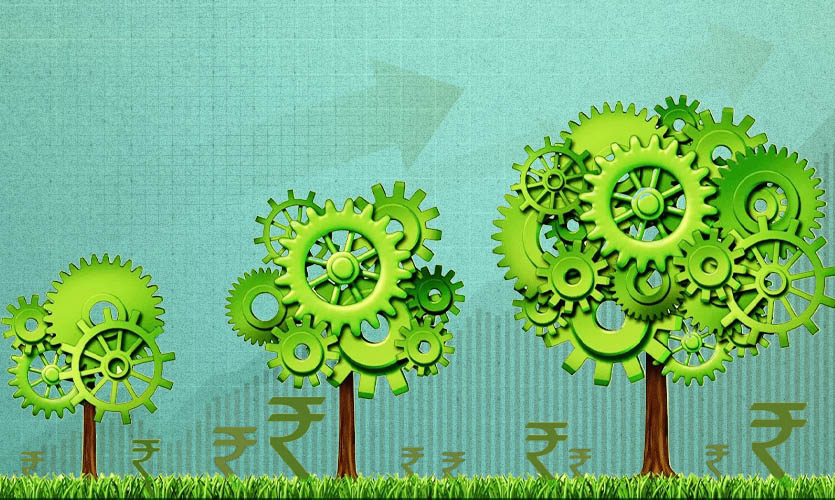The World Trade Organization is holding its 12th ministerial conference (WTO MC12) in Geneva, Switzerland, where the Indian delegation is led by Commerce and Industry Minister Piyush Goyal. The conference is being held after a gap of nearly five years, according to the Commerce Ministry of India. The four-day conference is taking place amid the Russia-Ukraine conflict, and volatile geopolitical scenarios.
The last ministerial level WTO conference was held in Argentina, in 2017. This year’s negotiations and discussions broadly addressed issues surrounding overfishing across the world’s oceans, COVID-19 pandemic preparedness and response, among others. The MC is the highest decision-making body of the 164-member WTO.
Reportedly, some key areas of discussion and negotiations for India included fisheries subsidies negotiations, agricultural and food security issues like public stockholding for food security, WTO reforms, COVID-19 response, and the extension of moratorium on customs duties on electronic transmission.
During his address, on June 12, Goyal criticised the WTO and some developed countries, accusing them of not doing enough about the issues that arose due to the COVID-19 pandemic and rising food prices adversely affecting poorer countries. Goyal urged member nations to assist the least developed countries (LDCs) still recovering from the pandemic while also undergoing high global inflation because of the conflict in Ukraine.
Furthermore, while highlighting India’s contribution towards supplying medical products to different countries during the pandemic, he said, “The pandemic reinforced the importance of ‘One Earth One Health’, calling for global solidarity and collective action.” Goyal added, “Unfortunately, the WTO could not respond with alacrity. We have let down the people of the LDCs and developing countries. The rich countries need to introspect! We need to bow our heads in shame for our inability to respond to the pandemic in time.”
The commerce minister said that India strongly believes that the WTO should refrain from negotiating the rules on non-trade-related issues like climate change and gender as they fall under the domain of other intergovernmental organisations. During his address, he also specified how the WTO needs to “rebuild trust” and credibility. “We must first address mandated issues like the permanent solution to public stock holding agreed nearly a decade ago. The current global food crisis is a reminder to us that we act now,” he said.
Goyal’s address at the conference also drew attention to the humanitarian crisis triggered by the spiralling food inflation, and how the COVID-19 pandemic has reinforced the need and efficacy of food stockholding for the public good. “Rising food prices threaten the survival of millions and subjugate the poor and vulnerable nations/people to imperfect markets,” he said.
In the light of the pandemic, he also asserted that before moving to new areas, the MC12 should prioritise a permanent solution to the issue of public food stocks. “After the Bali Ministerial Decision in 2013, the General Council in 2014 mandated permanent solution on the issue of public food stocks, which has already been delayed, should be the topmost priority for MC12 before we move to new areas. Nothing is more important than this for the people of the world,” said Goyal.
The issue of public food stockholdings is caused by the WTO’s restrictions on subsidies that the government can provide, which was meant to ensure that markets remain competitive globally. According to the WTO’s agreement on agriculture, there is a limit on a government’s ability to purchase food at the minimum support price (MSP). However, the current economic inequalities faced by developing countries and LDCs have complicated the matter. A member country’s food subsidy is capped at 10 percent of the value of production, based on 1986-88 prices. However, under a peace clause, the countries can breach the cap under certain circumstances.
India’s stance on the matter is supported by the G33 countries, a grouping of over 40 developing nations and other like-minded countries. However, while India has sought a “permanent solution” to public stockholding for food security, it being a key demand at the ongoing ministerial conference, sources suggest that it might be deferred to the next ministerial meeting.
Member countries, at the MC12, also aim to eliminate subsidies for illegal, unreported and unregulated (IUU) fishing, overfishing, and overcapacity, while curbing subsidies for overfished stocks to reportedly promote sustainable fishing practices. However, India sought differential treatment between developed and developing countries. New Delhi argues that the area of fishing in the country is still developing and hence, wants changes in the proposal of the agreement. The proposal calls for developing countries to eliminate all subsidies that contribute to overfishing within seven years. India wants this period of exemption to be extended to 25 years.
“Fishing by my country’s traditional fishermen and women is to address hunger, poverty, food and nutrition insecurity, which is largely sustenance fishing. Their right to life and livelihood cannot be curtailed in any manner,” said Goyal. Furthermore, he wanted nations responsible for depleting the fish stock to assume responsibility for exploiting the oceans for “far too long” by giving subsidies. Referring to the Indian culture, the minister explained how the fishing communities do not fish during the breeding season to allow stocks to be replenished, maintaining the aquatic ecological balance.
This proposal, which seeks to curb subsidies, also led the Indian fishing community from several coastal regions of the country to stage a protest outside the United Nations’ office in Geneva. Reportedly, 34 fishermen from different states of India including Gujarat (5), Maharashtra (6), Goa (1), Karnataka (2), Kerala (6), Tamil Nadu (5), Andhra Pradesh (4) and West Bengal (5) have journeyed to Switzerland to represent the Indian fishermen and women. Furthermore, the community has alleged that boats from Europe and China are responsible for this depletion of marine resources. “I am a ninth-generation fisherman and my family has been involved in fishing for ages. The fishing boats from developed nations like China and Europe catch thousands of tonnes of fish, freeze them on the boat and they take it away,” said a protesting fisherman from Maharashtra.
While India is in favour of stopping the IUU (illegal, unreported, unregulated) fishing, they want an extension on the period of exemption. “India’s priority is safeguarding the long-term interests of farmers and fishermen. We will continue to be the voice of developing and less-developed countries and work for fair outcomes,” read India’s official statement on the proposal.
“In conclusion, let me say that when the world is facing severe challenges and expects the WTO to deliver solutions, the MC12 must send a strong message that the rich care for the poor, vulnerable and marginalised people and that we have come together to give them a better future. The WTO should embrace a people-first approach to trade,” said Goyal, concluding his address on the first day of the conference.
Read more: IMF Urges India To Withdraw Ban On Wheat Exports
The Union minister also asserted that India will not buckle under pressure from the developed world to sign any agreements including the fisheries subsidies agreement. “No one can pressurise today’s ‘Atmanirbhar Bharat’. We can face any challenge. We don’t take any decision under pressure,” he said during a press briefing on Sunday. Goyal also said that the Indian delegation presented its stand keeping in mind the fundamental principles of the sustainable development goals (SDGs).
He also took to Twitter and said, “Fighting for rights of our farmers within an hour of landing at WTO, Geneva at the G33 Ministerial Meeting. Discussed prospects of a permanent solution to public stockholding for food security with DG Ngozi Okonjo-Iweala and my counterparts from the developing and least developed nations.”
Notably, the issue of public stockholding for food security currently being negotiated by G33 countries and the African Group at the WTO, is in addition to the discussion among the African, Caribbean and Pacific countries (ACP group). This group of countries have also submitted a proposal seeking a permanent solution to the issue, on May 31, 2022.
According to sources, on Monday, the WTO will discuss the COVID-19 vaccine patent waiver, as well as the issue of food security. The leaders will discuss fisheries and agriculture on Tuesday, which will be followed by talks about WTO reforms and the extension of customs duty on the electronic transmission on Wednesday.










